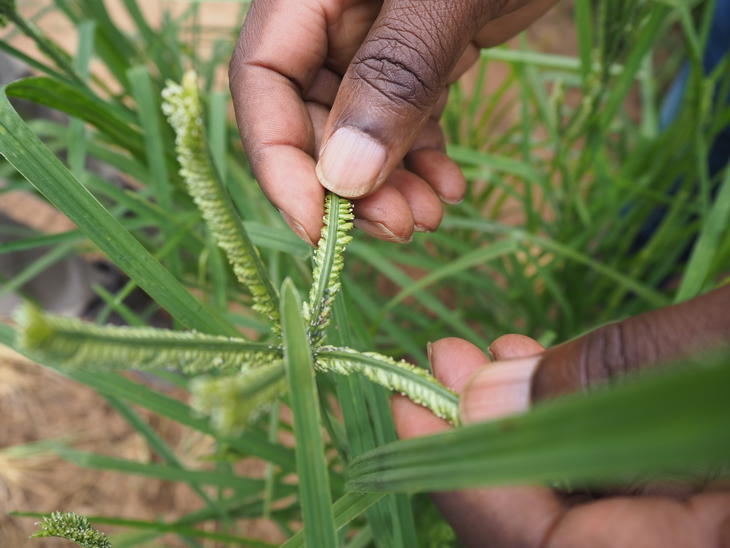
Participants for national consultative processes
A broad based consultative process should ensure participation from all central stakeholder groups, from all regions of the country, from different ethnic groups (if relevant), from men and women.
This is a list of stakeholders which could be considered:
- Farmers (read more about how to ensure farmers' participation here)
- Parliament, particularly parliamentary committees vested with agriculture
- Ministries of agriculture and relevant related agencies
- Other relevant ministries and government bodies, as appropriate
- Focal points for the International Treaty on Plant Genetic Resources for Food and Agriculture
- Institutions involved in intellectual property rights (plant breeders' rights and patents)
- Institutions involved in seed certification
- Institutions involved in extension services to farmers
- Gene banks
- Relevant research institutions
- Relevant capacity building institutions, training centres, etc.
- Civil society organization (including also consumer groups)
- Seed industry and its associations
Whereas it is important to ensure that as many central decision makers as possible participate in the implementation process, it is crucial to have substantial representation of farmers' organizations, in addition to civil society organizations involved in topics related to plant genetic resources for food and agriculture and Farmers' Rights in the country. Seed industry representation is recommended, as several potential measures for the realization of Farmers' Rights will affect the seed industry, and because new alliances for the realization of Farmers' Rights could open up for new potentials (see also Joining forces and pooling resources).